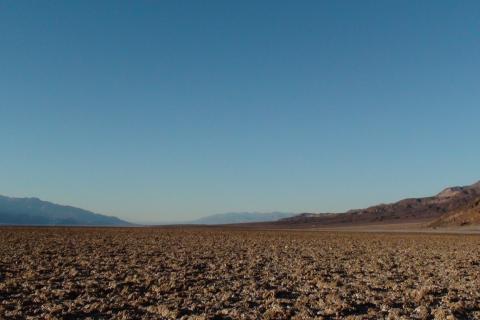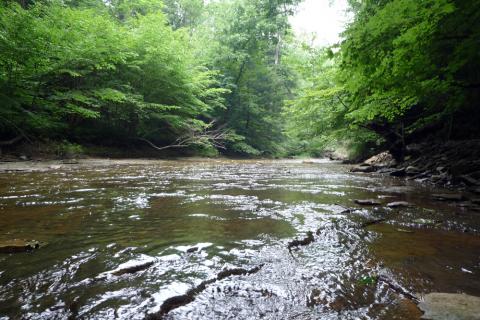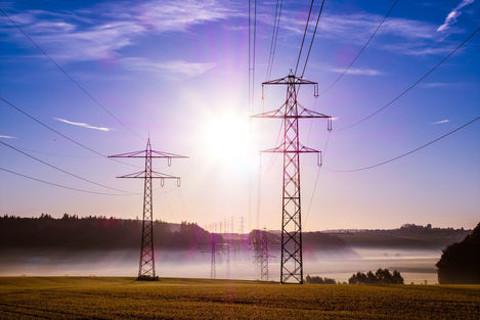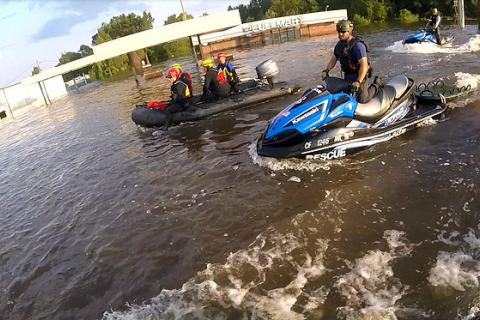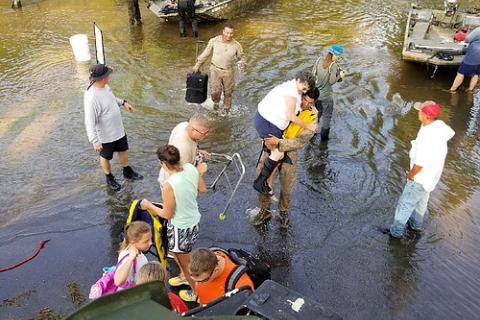* Essays offer an open forum to essays about science and the environment, and that they are the opinions of the writers but do not necessarily represent the views of GCSE.
GCSE Essays are authored by researchers, thinkers, and experts in GCSE's global network. GCSE Essays provide a deeper look into trending topics and new ideas across the environmental and scientific communities, with a particular focus on use of science to inform decision-making about complex environmental challenges.
Past essays have covered topics ranging from nature-based solutions, to health, to informative overviews of complex multilateral agreements. Essays are published on GCSE’s website and promoted in our monthly newsletter, The Connection, composed of approximately 20,000 scientists, educators, policymakers, business leaders, and officials at all levels of government across the globe. See submission form and guidelines here.
